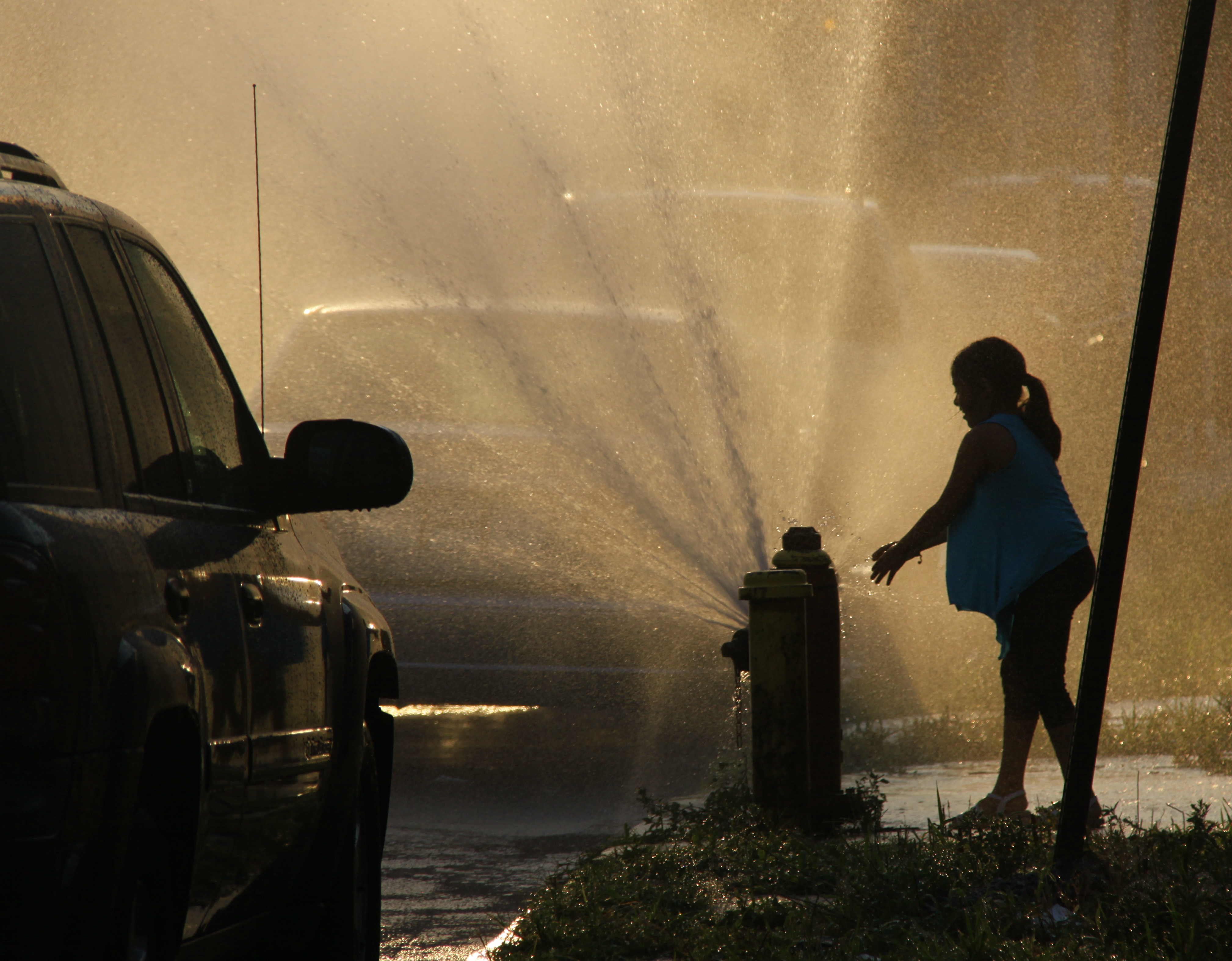A large group of people formerly convicted of sex offenses are living in a makeshift camp in Florida’s Miami-Dade County. They have been forced to live off the grid because of ordinances that prohibit them from living near a school–a designation that has been expanded by local government to include shelters and other non-educational facilities. This, according to the American Civil Liberties Union (ACLU), has had the opposite effect of that intended by the sex offender registry–it has made the area less safe, and has prevented the former offenders from improving. The ACLU has filed a lawsuit against the county on behalf of the constitutional rights of the former offenders.
The sex offenders are not allowed to live within 2,500 feet of a school. Many of the offenders, who would otherwise be able to find shelter with family or loved ones, are not able to do so, according to the ACLU. In some cases, various other buildings–such as emergency shelters–have been labelled “schools” for the purposes of the ordinance, in order to keep former sex offenders from living nearby.
In addition to thwarting the intended purpose of the ordinance–which was meant to increase public safety–the conditions created placing barriers before the re-integration of sex offenders into society has created conditions in which the offenders are more likely to reoffend, ACLU has stated.
Read more: ACLU Files on Behalf of Sex Offenders
The only two factors proven to reduce reoffending in sex offenders are treatment and stable employment, so by making it more difficult for past offenders to establish themselves so that they can participate in treatment and get a steady job, the ordinance again is has had the opposite effect of that intended, according to ACLU.
Several recent studies have found that, although residence restrictions for sex offenders are increasing, they are not working. Studies in California, Colorado, Minnesota have shown that the laws either have no impact or increase reoffending rates.
The motivation for increasing restrictions for sex offenders is often the demands of the public, who are fearful for the safety of their children and loved ones. Some groups, such as the Association for the Treatment of Sexual Abusers have begun pointing out, however, that the restrictions only offer a “false sense of security.”
By Cheryl Bretton
Photo: Chris Goldberg

You do the crime you do the time.